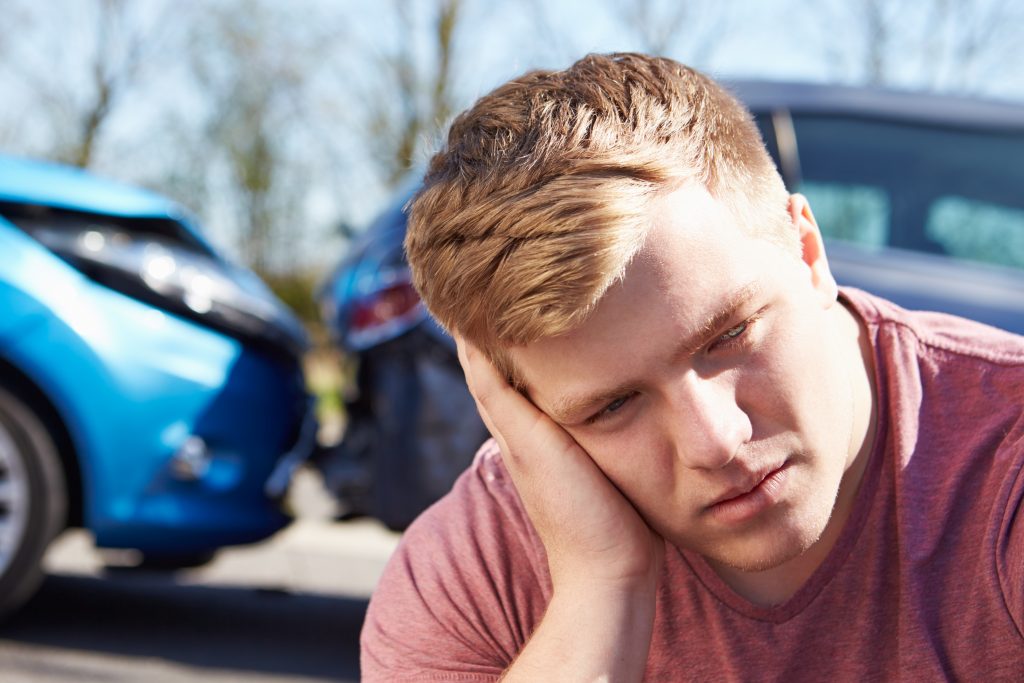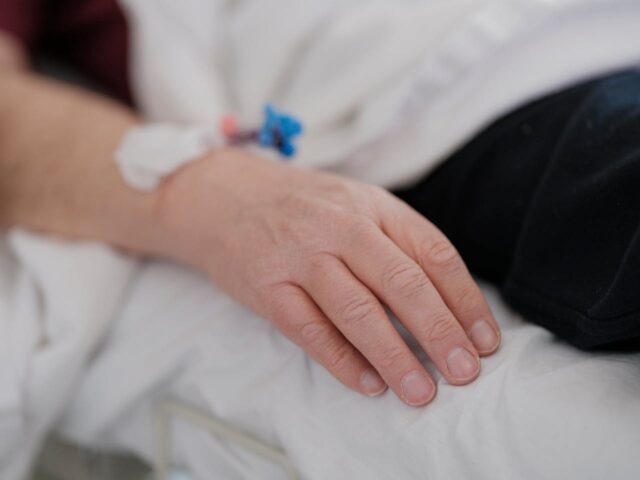Everyone knows that driving while drowsy increases your car accident risk. However, the connection between sleep and risky driving goes even deeper. A recent risk analysis study unveiled that certain sleep-related factors increase your chances of being involved in an accident. For example, obstructive sleep apnea increases the risk by a significant margin. Our Austin car accident lawyers discuss these findings below.
What Is Obstructive Sleep Apnea?
Before learning about the link between obstructive sleep apnea and car accidents, you should first learn what the condition entails. Essentially, it is a breathing disorder that occurs while you are asleep. At night, people with this condition have repeated stop and start breathing patterns. This difficulty in regulating breathing patterns causes the sleeper to wake up often. Typically, these episodes are unknown to the sleeper, at least until the next day where they will likely feel tired.
Finally, sleep apnea is obstructive when the throat muscles relax during sleep, causing the airway to narrow. The brain will then prompt the sleeper to wake up to get sufficient air. The following are common symptoms of this condition:
- Loud snoring
- Choking while sleeping
- Gasping for air while asleep
- Dry mouth when you wake up
- A headache when you wake up
- Daytime sleepiness
- Difficulty focusing
- Irritability
How Does Obstructive Sleep Apnea Increase My Car Accident Risk?
After learning how obstructive sleep apnea operates, we can begin to understand why it increases a person’s car accident risk. A recent scientific study reports that it increases a person’s car accident risk by 250 percent. This is primarily due to the extreme drowsiness and exhaustion that a person with sleep apnea will experience. In the same study, scientists found that other sleep-related factors were discovered to be independent indicators of car accident risk. These factors included:
- Severe daytime sleepiness
- Driving on five or less hours of sleep
- The use of sleeping pills
While alarming, the study also indicates that alleviating drowsy driving accidents is possible. For example, researchers saw a 70 percent reduction rate in motor vehicle accidents among sleep apnea patients who underwent proper treatment. This treatment includes CPAP (continuous positive airway pressure) therapy for four hours a night on average.
Since 25 million adults in the United States experience sleep apnea, a significant percentage of drivers nationwide should receive proper CPAP therapy. This will help them decrease their car accident risk and keep everyone safe on the road. Until this happens, drowsy driving will continue to cause thousands of accidents each year across the United States.
Injured on the Road? Contact a Trusted Automobile Accident Attorney
If you would like to learn more about your legal options after a drowsy driving accident, then we can help. Give our Austin car accident lawyers a call today at (512) 474-8346 or fill out our confidential contact form. At the Law Offices of Aaron Allison, we offer free consultations and can handle a variety of car accident cases, including cases involving obstructive sleep apnea.






